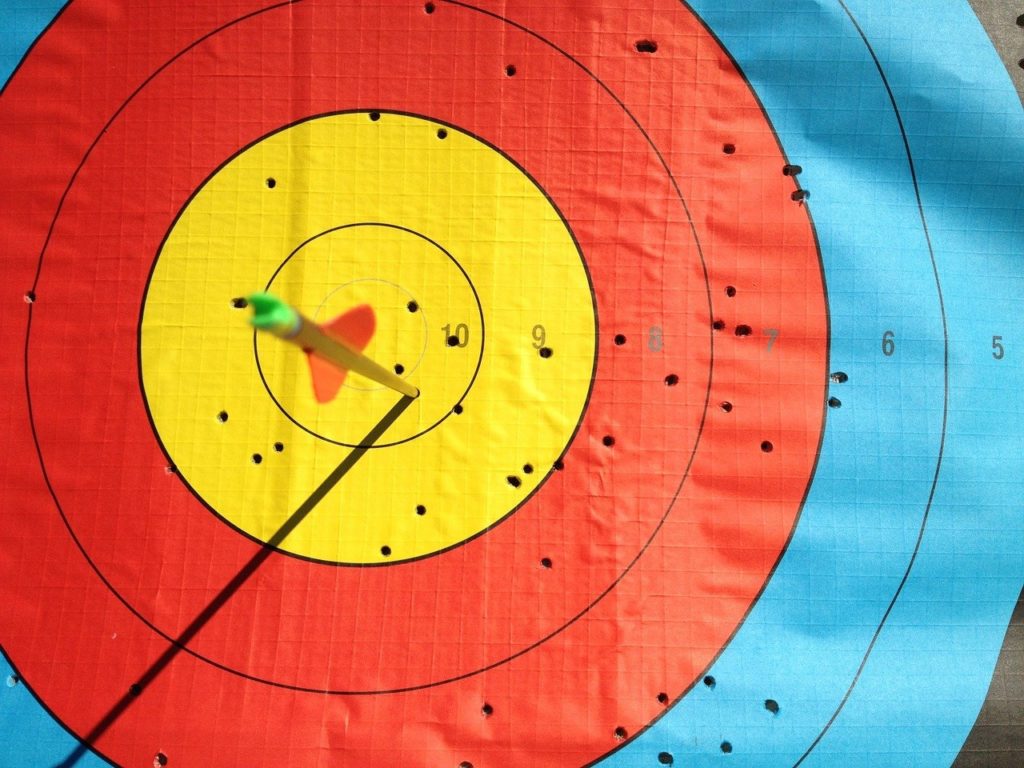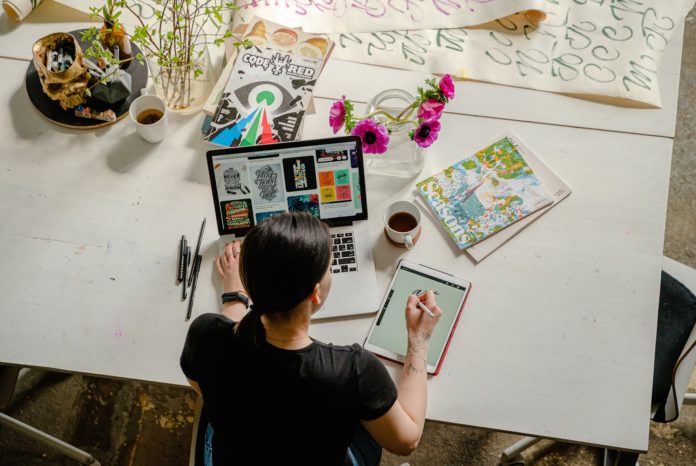Everyone can benefit from more productivity every now and then, whether professionally or in one’s private life. Being more productive usually involves developing habits that will improve one’s efficiency and effectiveness that, when consistently applied, will lead to improved quality of life.
Here are 7 habits that we recommend.
Note: we’re aware that not every day starts the same. Still, this doesn’t make our recommendations any less valid.
1. Start-off Your Day Without Your Phone
We’ll admit that it’s quite difficult to disengage in the digital age.
Each day your smartphone sits beside you, waiting for you to grab hold of it and see what you’ve been missing out on (a.k.a. the FOMO syndrome).
This is possibly one of the worst habits that you can have.
By snatching your telephone promptly after waking, you’re setting yourself up for disappointment. What happens is, you start by checking your messages, move to your email inbox, and abruptly, you end up on your social media feed scrolling endlessly.
When you start your day with your phone, chances are you will continue the same pattern for the rest of the day.
Instead, try spending the first 20 to 30 minutes after you’re awake downing a glass of water, stretching, and meditating.
2. Complete Certain Tasks First
There are two schools of thought regarding this matter:
- complete the easy tasks first to gain a sense of accomplishment before tackling something more challenging;
- finish the difficult tasks first since you will have more energy at the beginning.
Neither is really flawless because everyone has different ways of doing things. Your energy level, mood, and other factors will all come into play in deciding which approach will suit you best.
There are days when completing the more difficult tasks first will work best and vice versa. Your job is to pick whichever approach will work best for you.
3. Dream Big but Start Small

Learn to walk before you run is a common expression used to describe the importance of learning the basics before delving into something more complex.
You can aim for the moon, but what’s the point if you can’t even reach the top of a hill?
Your big dreams will remain as nothing but dreams unless you put the time and energy into making them a reality. Yes, the initial steps will be challenging and even painful, but that’s why you should start small in the beginning.
Progress isn’t immediate, but even small improvements every day will increase your chance of turning dreams into reality.
4. Do Not Starve Yourself
Eating has turned from being a necessity for survival into something pleasurable.
Eating a hearty, healthy breakfast in the morning is a good way to replenish your body’s energy reserve. A good breakfast doesn’t have to be complicated either, and some can even be prepared in advance to save time.
Being full also allows you to focus your attention on the things that matter instead of constantly thinking about food.
Tip: proper hydration can help you avoid a lapse in concentration.
5. Step Outside
Living in cities undoubtedly has its benefits, but it also cuts people off from the natural environment.
Starting at concrete and metal all day can feel really depressing, which is why you should venture outdoors whenever possible.
This doesn’t mean that you need to go trekking or surfing (although these would be pretty awesome too). Just a short, leisurely, mindful stroll down the park will be enough to lift the burden off your shoulders. Reflect on how your day is going up until this point, and if there are any ways you can make it better going forward.
You can also find a quiet spot to just sit down and focus your attention on your thoughts i.e. meditate. Close your eyes and take a slow, deep breath. Start to take notice of every in-breath and out-breath.
6. Give Priority to Critical Tasks
People often confuse what is important with what is critical because most do not bother with the distinction. Those that do, however, will reap the benefits of knowing what really matters and what doesn’t.
How?
You first categorize a task as important, critical, or both. Using this in combination with recommendation no. 2 above will allow you to decide and prioritize the tasks that deserve your utmost attention versus those that can be picked up later.
Keep in mind that you only have 24 hours in a day, so it makes a lot of sense to allocate the bulk of this time to whatever it is that will improve your quality of life.
7. Try to Avoid Distractions
Do you know that it will take you some time to refocus once you’ve been distracted? It’s true.
Life with little-to-no distractions is, therefore, something of a privilege in this day and age of constant distractions.
Just don’t be afraid to let others know that you need to be undisturbed during certain times and be adamant about it. Do, however, provide other means of reaching you should something important come up requiring your attention.




